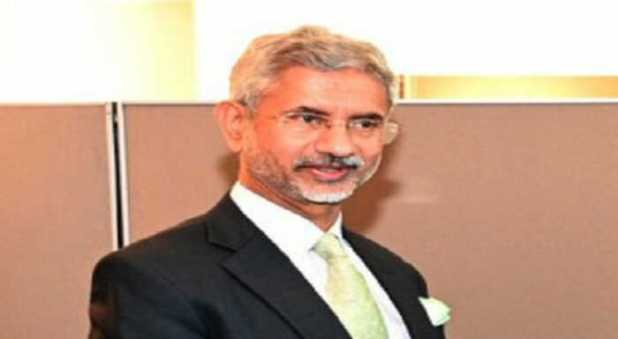
New Delhi, March 24 : While terming the 2015 land boundary agreement with Bangladesh as a notable achievement of the Modi government’s foreign policy, External Affairs Minister S Jaishankar on Thursday said the turn that India’s relations with Beijing have taken in the past two years is something few would have anticipated. Delivering the Distinguished Alumni Lecture at the St Stephen’s college, the EAM also said that India is facing a very different set of challenges on the western border due to Pakistan, in which the goal of Indian diplomacy was to “expose and delegitimise Pakistan’s cross-border terrorism”. “India faces more than its fair share of challenges, in part because so many of our boundaries have not been settled. “Few would have anticipated the turn that India’s relationship with China have taken in the last two years.” “Any prudent policy backs itself with capabilities and deterrence. A big responsibility of India’s Foreign Policy is to create the widest set of options for such contingencies. It could mean the acquisition of defence capabilities and other supportive measures or securing the understanding of our policies and actions from the international comm ty, and managing and resolving more fraught situations,” he said. On the land boundary agreement with Bangladesh and the resolution of the maritime differences with the country, Jaishankar said it has had a positive impact on the security situation in India’s east. “It has opened up possibilities of economic cooperation and connectivity with the entire subregion. The beneficiaries are not just India and Bangladesh, and Nepal and Bhutan, but the North Eastern states of India.” On Pakistan, he said: “A very different challenge is being faced on the western border vis-a-vis Pakistan. On that front the initial goal of diplomacy was to expose and delegitimise Pakistan’s cross-border terrorism; when counter actions were required such as in Uri in 2016 and Balakot in 2019 effective diplomacy ensured global understanding of India’s actions.” On the military level talks with China over the Ladakh stand off, he said: “Where China was concerned the diplomatic interactions that were going on parallel to the military stand offs since May 2020 illustrate that foreign and defence polices are really joined at the hip.” “Here too the value of global support and understanding is self evident.” On India’s defence acquisitions, he said: “The leveraging of a multipolar world has been particularly visible in terms of weapons and technology needed by our defence forces; that our Rafale from France can take place at the same time as MH 60 helicopter from the US, the S400 missile system from Russia or the Spice bombs from Israel speak volumes for our nimbleness”. RN

